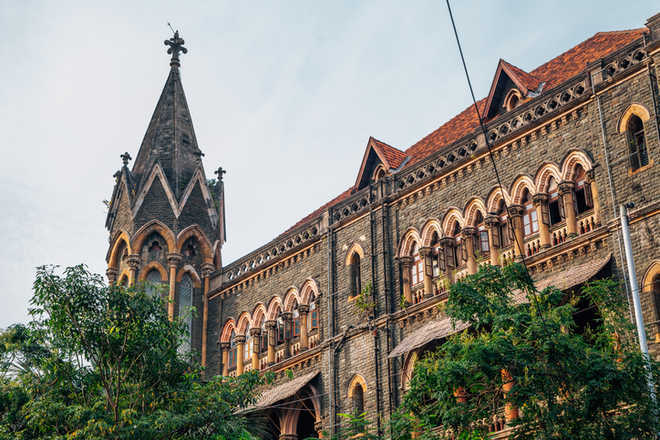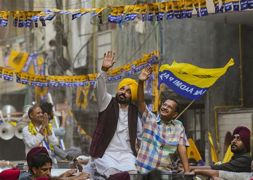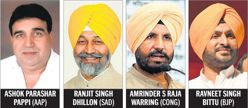
Censorship has for so long been its leitmotif that it took the Bombay High Court to remind the Central Board of Film Certification that its function was not to determine the content that moviegoers can see, but to certify films for age-appropriate viewership. A children’s movie was being denied a universal certification that would have allowed unaccompanied children entry to watch the film that showed child labour. Even after the filmmakers agreed to cut out a scene that had an abusive word, the board would still not relent, leading to the filmmakers approaching the court.
The high court rightly castigated the CBFC for abrogating unto itself ‘the intellectual morality and authority to decide what one wants to watch and see’, and said it demonstrated an attitude that viewed the public as ‘infantile and imbecile’, with the CBFC using its intelligence to make decisions for everyone. By saying this, the court has touched a raw nerve, since the CBFC has a long history of over-policing films and of sniping at cinematic efforts that are sent to it for certification.
In today’s atmosphere of rising intolerance and of seeking to set monochromatic narratives, it is essential that creative freedom be allowed to flower in all colours and shapes. Films have a tremendous reach and influence on the collective imagination of the viewers. The certification body must ensure that it allows the broadest possible spectrum of content to be viewed, policing only as much as is absolutely necessary. Even as its name was changed from Central Board of Film Censors to Central Board of Film Certification in 1983, the CBFC has acted more often than not like a censor board. When challenged, often its decisions have not been found convincing by judges, as a result of which many have been reversed. Films reflect a certain vision of reality, as depicted by its producers. Reality, and its depiction, need not be pretty; indeed, it often is ugly, but it is for the public to determine whether watching it is worth their time and money. No one — person or institution — has the authority to decide what they can see, certainly not on specious grounds that fail to pass judicial scrutiny.



























